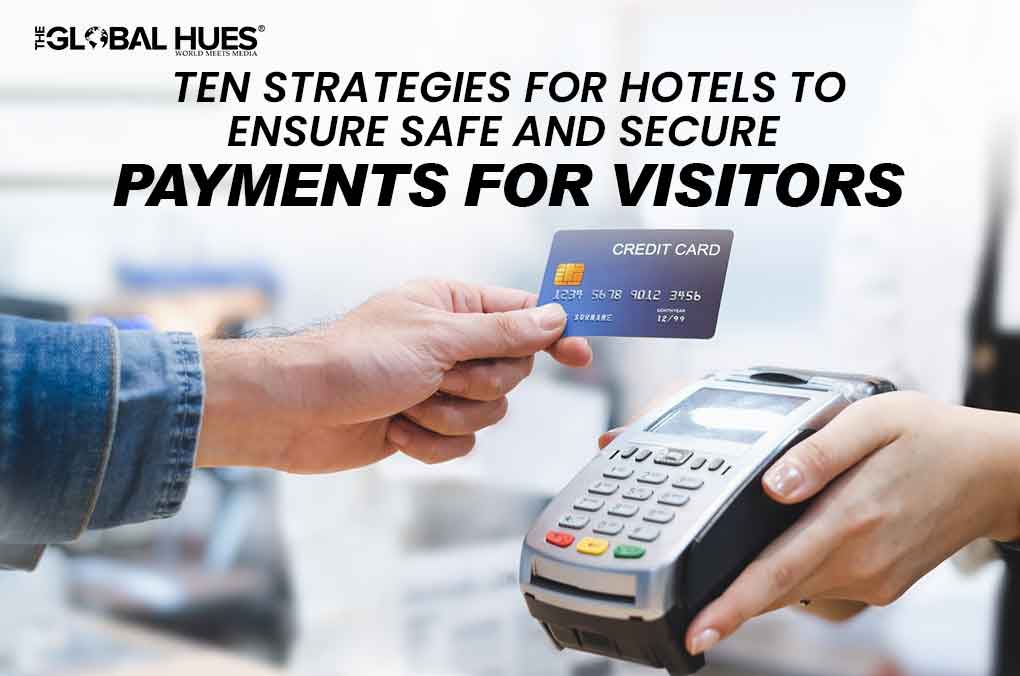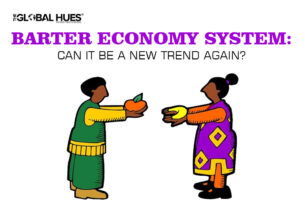The Association of Certified Fraud Examiners found that hotels lose 5% to 6% of annual revenue to fraud in their report to the nations on occupational fraud and abuse. When it comes to hotel online payment security, there are many factors to take into account to reduce security risks and data breaches. Two-factor authentication, frequent password changes, data encryption, payment tokenization, and, most importantly, integrating online payment methods with cloud-based hotel management software can all help you lower the risks connected with digital payments. This will also help you make sure that your staff is properly trained in the safe management of online data. These are just a few of the many best practices, and in this article, we’ll go into more detail about some of them as well as the significance of implementing an online payment security strategy to keep your guests safe, protect your hotel’s reputation, and increase retention rates.
Why are security best practices essential for online payments?
The hospitality industry can be an easy target for hackers because of the volume of sensitive data that hotels regularly manage.
Because of this, it’s crucial to follow best practices and have a security protocol in place.
Client data and other sensitive information must be safeguarded against fraud and any potential security breaches with the help of secure payment processing. Fraud costs you money in chargeback fees in addition to endangering the reputation of your hotel and causing a loss of trust.
Many hotel management systems are pre-equipped with security measures. For this reason, it’s a good idea to be aware of the qualities to search for in a cloud-based hotel management software as well as the best practices that are worthwhile for online payment security measures.
The best security methods and measures for online payments in hotels
Let’s take a look at the best security methods and measures for online payments in hotels.
1. Two-factor authentication
The majority of people are accustomed to two-factor authentication these days because of online payments. For example, when visitors go to book a room, they might get a text message with a one-time password or they could present another form of identification which would confirm payment.
Using one-time passwords is not only a great way to prevent fraud but is also more secure. Protection against unauthorised use of your guest’s preferred payment method is easy with two-factor authentication.
2. 3D Secure Authentication
One of the best practices to safeguard your hotel from fraud is to use 3D Secure authentication to stop unauthorised users from charging cards to authenticate the transaction. This is accomplished by allowing your hotel, the card network, and the financial institutions to exchange information in order to authenticate the transaction.
3. Make strong passwords mandatory
Common passwords like 12345 or your birthdate make it simple for hackers to access your account. For this reason, you should make sure that you require strong passwords for your payment processing or when visitors register on your site to make a booking. Strong passwords typically contain an upper case letter, a special symbol, and no proper nouns.
Make sure users who process payments or register as visitors to your website not only have strong passwords but also are required to change them frequently. This will assist you in safeguarding your guests’ accounts and their data.
4. Tokenisation
Another strong way to keep your guest data safe is Tokenization. It is a technique that doesn’t let your processing tool store any confidential guest data. Alternatively, guest data is processed as a series of random un-decipherable numbers. By ensuring that the data would be useless even if a hacker were to obtain it, this additional layer of security safeguards the guest data immensely.
5. Train your staff
Training your staff will help you improve operations while also ensuring that they are prepared to handle any security issues that may arise with online payments. They are better able to spot fraud and stop it by comprehending the payment process. Giving your staff the right tools will enable them to spot potential fraud, prevent it, and ultimately find solutions.
6. PCI compliance
The payment Card Industry (PCI) is the regulatory board of electronic payments. They have made it mandatory for online payments to be compliant with their set security standards.
Depending on how many transactions your hotel completes each year—which is frequently influenced by its size—there are four different levels of business classification offered by PCI. The right cloud-based hotel software or payment processing tool can take care of PCI compliance for you.
7. Limit access to your payment system
Limiting the use of payment tools to your hotel’s IP address and only from company smartphones is one way to keep payment information secure. Your hotel’s IT security officer has more control by restricting the use of your own network, and you can protect your network and smartphones more easily than you can external networks.
8. SSL encryption
Payment information can be effectively protected by utilising SSL. If a website has SSL, it will either have a lock next to the URL or begin with https:// rather than just http://. When sharing data over the internet, SSL makes sure it is authenticated and encrypted.
9. End-to-end encryption
End-to-end encryption is a method of encrypting sensitive data that prevents access for unauthorised parties. In the context of payment processing, it achieves this by securing data on the payer’s end and only allowing for its decryption on the device of the recipient—not while the payment is being processed—over the internet.
10. Keep your operating system updated
Having an outdated operating system makes you more open to hackers than anything else. Vulnerabilities can exist if you don’t regularly update your system with security updates. In light of this, the ideal payment processing tool ought to have an automatic update feature that will improve your ability to control payment security.
New expectations regarding payments post-pandemic
The payment process has become even more crucial in light of the pandemic. The use of contactless services and payments is more popular among guests, according to McKinsey research, because it is more practical and safer.
According to a survey conducted by Skift research in 2021, 50% of hotel guests anticipate contactless payment methods, up from 35% the year before. In the same study, 67% of hotel executives were found to have admitted that the pandemic had compelled them to utilise new technology.
Conclusion
We’ve looked at the ten best practices for online payments in hotels and why they’re important in this article. You are protecting your guests by protecting your hotel from security breaches.
Loyalty begins with trust, and by informing your guests that you are taking all necessary security precautions to protect them and their payments, you are more likely to retain guests and maintain a strong reputation that will keep them returning.




